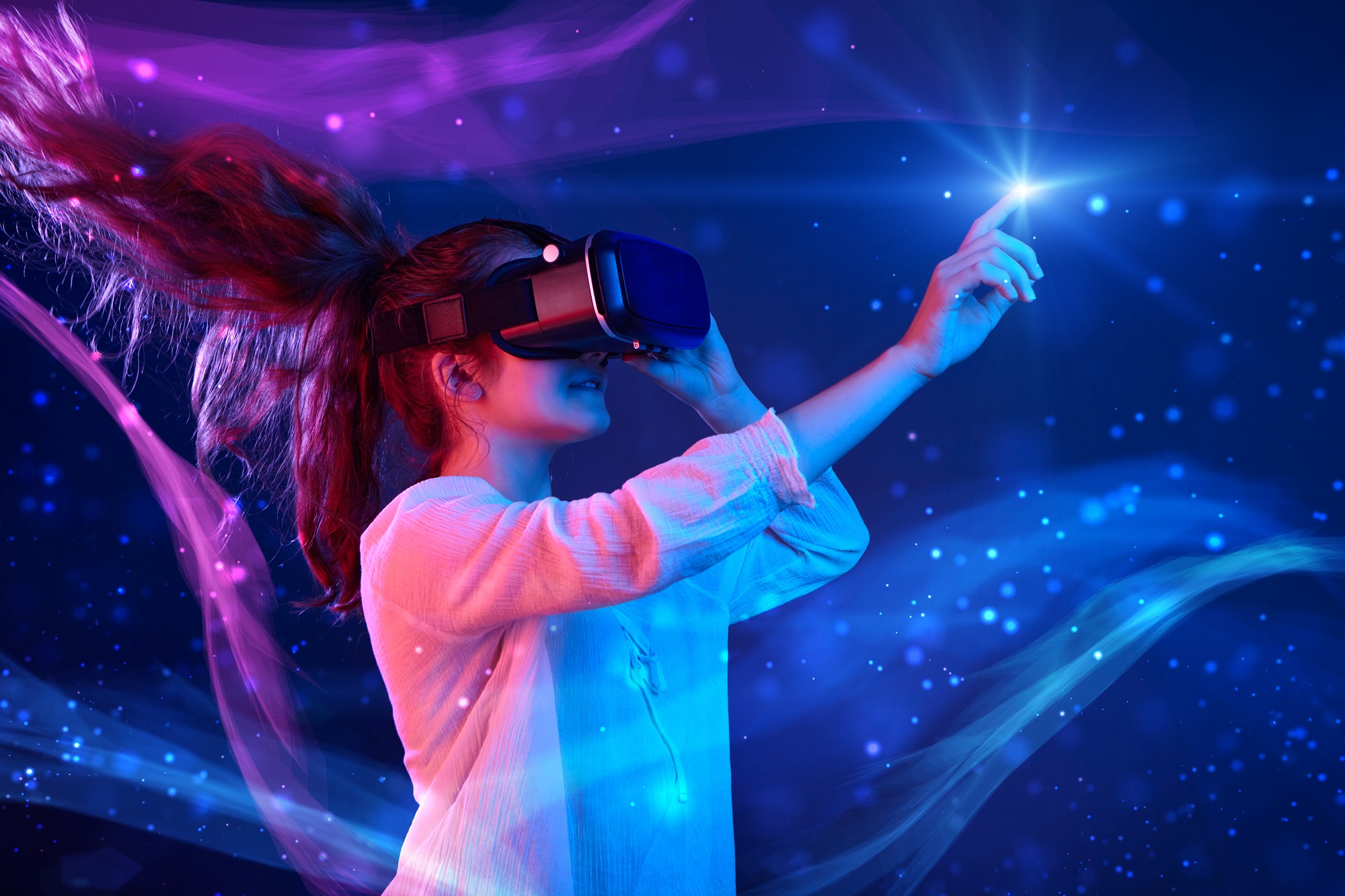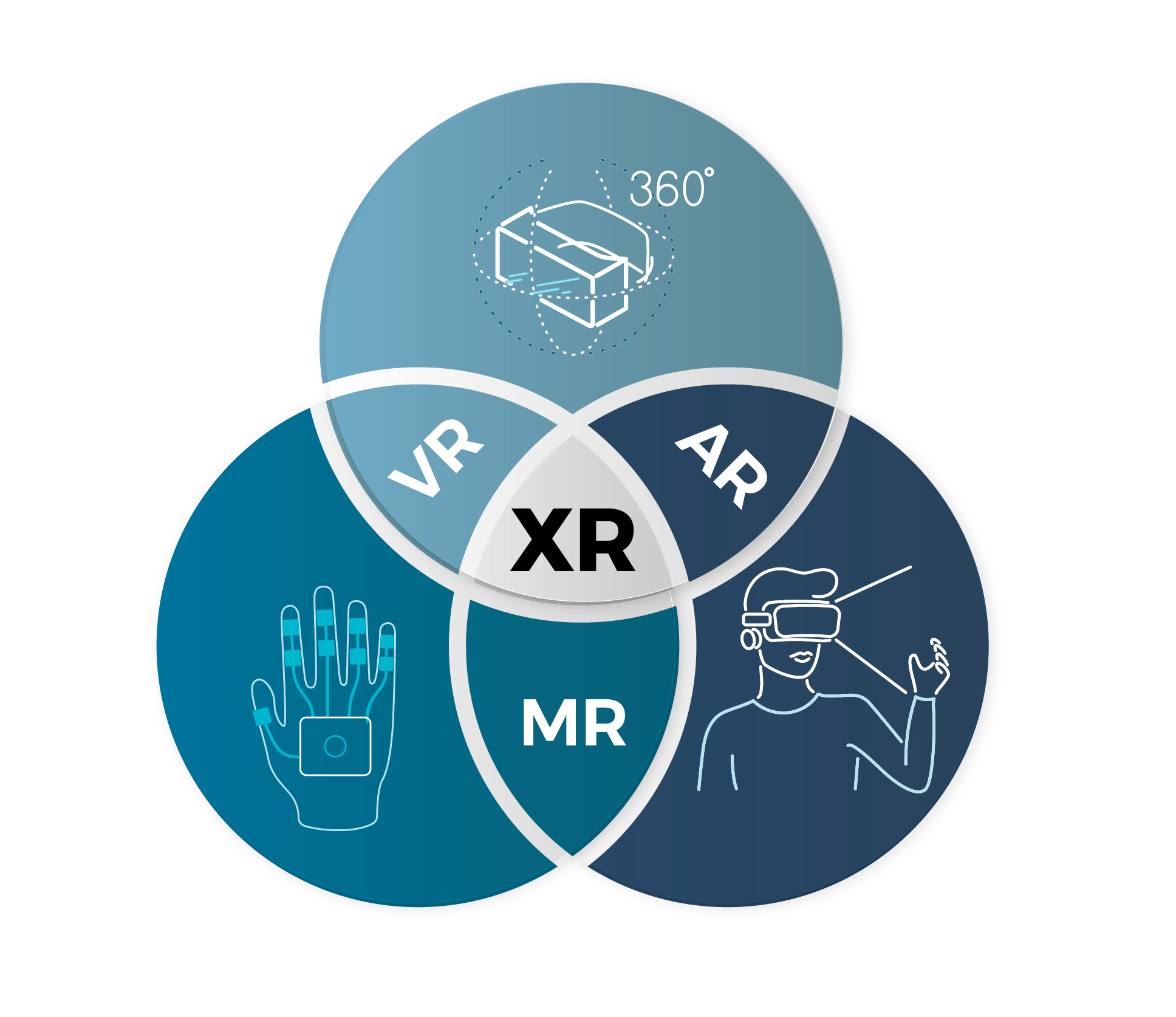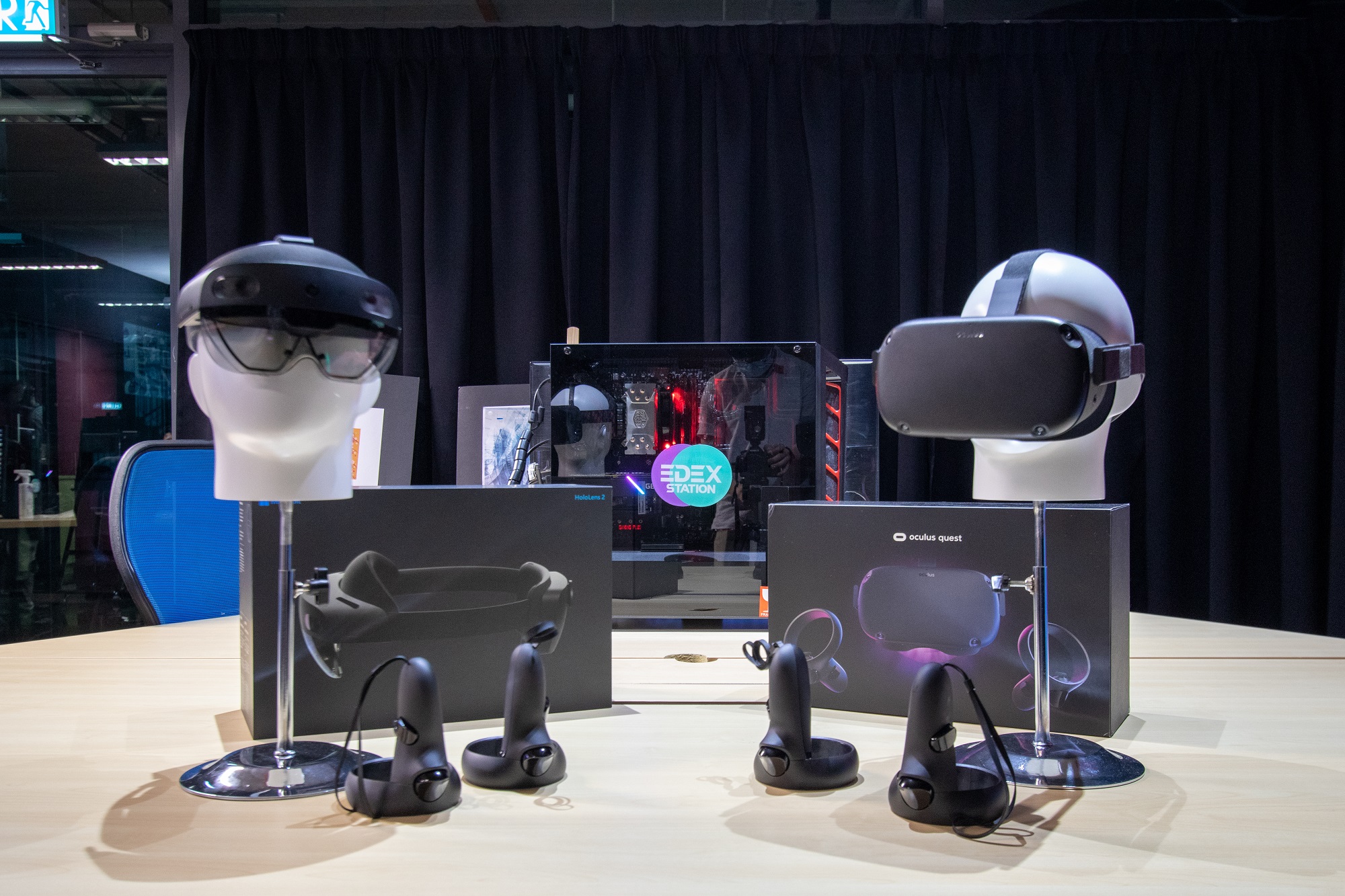You are here
SPM Leavers – Gear Up for the Metaverse
 The Metaverse is a vision of what many in the computer industry believe is the next iteration of the internet.
The Metaverse is a vision of what many in the computer industry believe is the next iteration of the internet.
WHILE the Metaverse remains a widely discussed topic, not many realise that this virtual space is greatly influenced by Virtual Reality (VR) and Augmented Reality (AR).
VR is an artificial and fully-immersive experience perceived through VR headsets, totally obscuring the real world. AR, on the other hand, enhances the real physical world through technological tools.
When the physical and digital worlds are combined, we get Mixed Reality (MR), where the user can interact with and among the real world, together with digital objects.
The next quantum leap in this ecosystem is Extended Reality (XR), which revolutionises spatial computing. XR is a comprehensive concept that encompasses AR, VR, MR and everything in between.
Despite AR and VR's diverse and groundbreaking experiences, they share common underlying technologies that serve as the driving force behind XR.
 Extended Reality (XR) is an umbrella term encapsulating Augmented Reality (AR), Virtual Reality (VR), Mixed Reality (MR) and everything in between.
Extended Reality (XR) is an umbrella term encapsulating Augmented Reality (AR), Virtual Reality (VR), Mixed Reality (MR) and everything in between.
XR Studio at APU
To develop talents for the VR/AR/MR ecosystem, Asia Pacific University of Technology and Innovation (APU) has invested RM2.25mil to set up its XR Studio, which is a first-of-its-kind spatial computing facility among universities in Malaysia.
Developed in partnership with Ministry XR, the studio is equipped with state-of-the-art equipment and facilities which include a 360° volumetric video capture zone, EDEX (extended education experience) station, high specification gaming standard workstations, and MR Smart Glasses in the form of Microsoft Hololens, Oculus Quest and HTC Vive.
In addition to this groundbreaking XR studio, APU had earlier launched, and now hosts, the VR/AR International Association (VRARA) Malaysian chapter.
This initiative provides an invaluable opportunity for students and staff to interact and share knowledge, interests and development with a global network of VR/AR peers and professionals.
 The XR Studio at APU is a first-of-its-kind facility among universities in Malaysia.
The XR Studio at APU is a first-of-its-kind facility among universities in Malaysia.
Industry collaborations for high employability
APU’s XR Studio project is led by APU chief innovation and enterprise officer Prof Dr Vinesh Thiruchelvam, who has jointly developed the VR/AR education blueprint with Ministry XR.
“This partnership is part of the academia-industry collaboration which continues to be APU’s primary strength in having industry on campus. It drives our offering and leads to assurance of high employability for APU graduates,” says Prof Vinesh.
Assignments can also be carried out at the XR Studio, providing inquisitive minds with the advantage of distinctive exposure, practical application and knowledge.
With the integration of multiple technologies, the skills of students are honed – technically and creatively – to ultimately generate high-value creative technologists for the new digital economy.
“The XR Studio comprises four stations with engagements designed to generate interest across multiple disciplines and it is the only lab where students can experience and build on professional tools to create immersive AR, VR and MR applications,” says APU’s Creative Interactive Technology lecturer Dr Siti Azreena.
“The studio is for lessons related to XR development. However, it is not limited to class and lab lessons, the studio is also accessible for research purposes.
“Currently, we have several research grants associated with XR technology and in prototype development.”
 Mixed Reality smart glasses in the form of Microsoft HoloLens (left) and Oculus Quest (right) are wearables provided at APU’s XR Studio
Mixed Reality smart glasses in the form of Microsoft HoloLens (left) and Oculus Quest (right) are wearables provided at APU’s XR Studio
A Bachelor’s degree with specialisations in VR/AR
The journey to acquire knowledge, skills and a professional qualification in VR/AR begins with a Bachelor of Science (Hons) in Multimedia Technology with specialisms in VR/AR.
Specialised modules in this programme include Introduction to VR/AR, Digital Image Production, Audio Visual Technology, VR/AR Design Principles, Advanced VR Technology, VR/AR Design Project and Investigations in Multimedia Technology.
The student projects and assignments carried out at XR Studio focus on developing skills in spatial computing related to XR technical expertise, XR creative expertise and the integration of other courses.
Through collaboration between APU and its industry partners, students are inspired to design compelling stories via the creation of interactive spatial computing systems that are supportive of the increasing industry demands.
To enhance practical skills alongside their academic knowledge, students also undertake a 16-week internship in the second year of their degree studies.
Several internship options are available with APU’s industrial partner Ministry XR and other VR/AR companies, through internships that are conducted at APU’s XR Studio, with guidance from respective lecturers and industry XR engineers.
APU also offers the APU-DMU dual degree programme, where students can receive two degree certificates upon graduation: one from APU and another from De Montfort University in the UK, renowned for its 150 years of experience in providing higher education.
This dual degree enhances the employability of graduates, growing their competencies towards maintaining APU’s 100% employability track record.
As a Premier Digital Tech Institution (PDTI), APU was also recognised with the Outstanding Faculty Award 2022 by the Malaysia Digital Economy Corporation (MDEC) in February 2023.
You can also read this article here.


